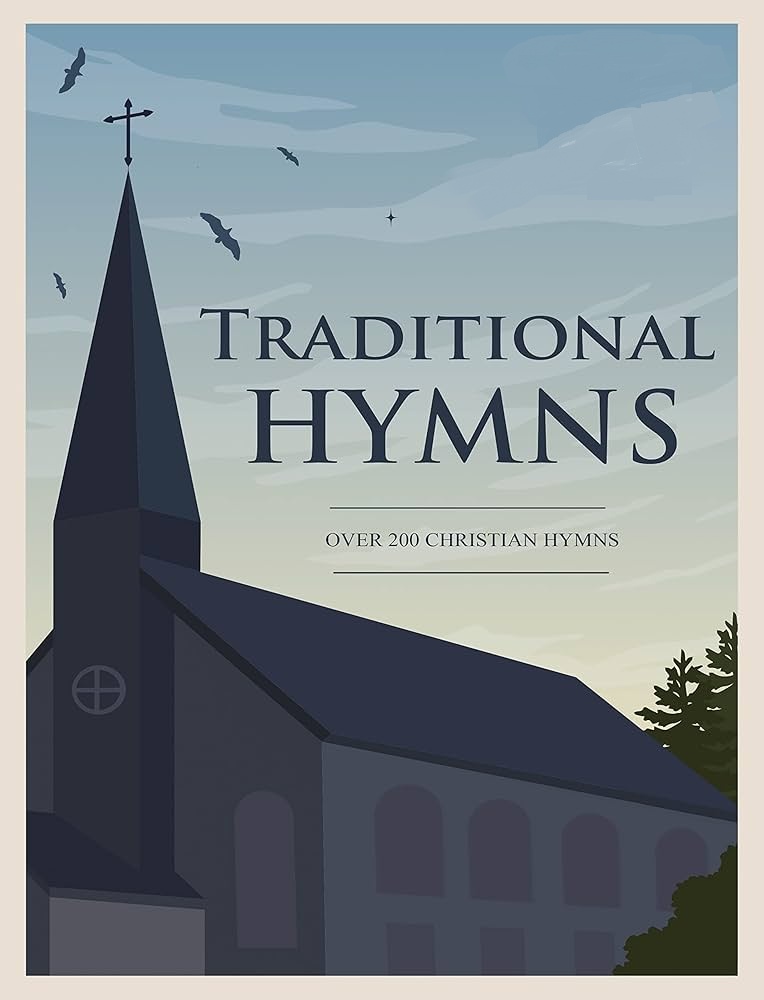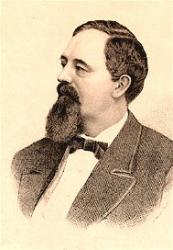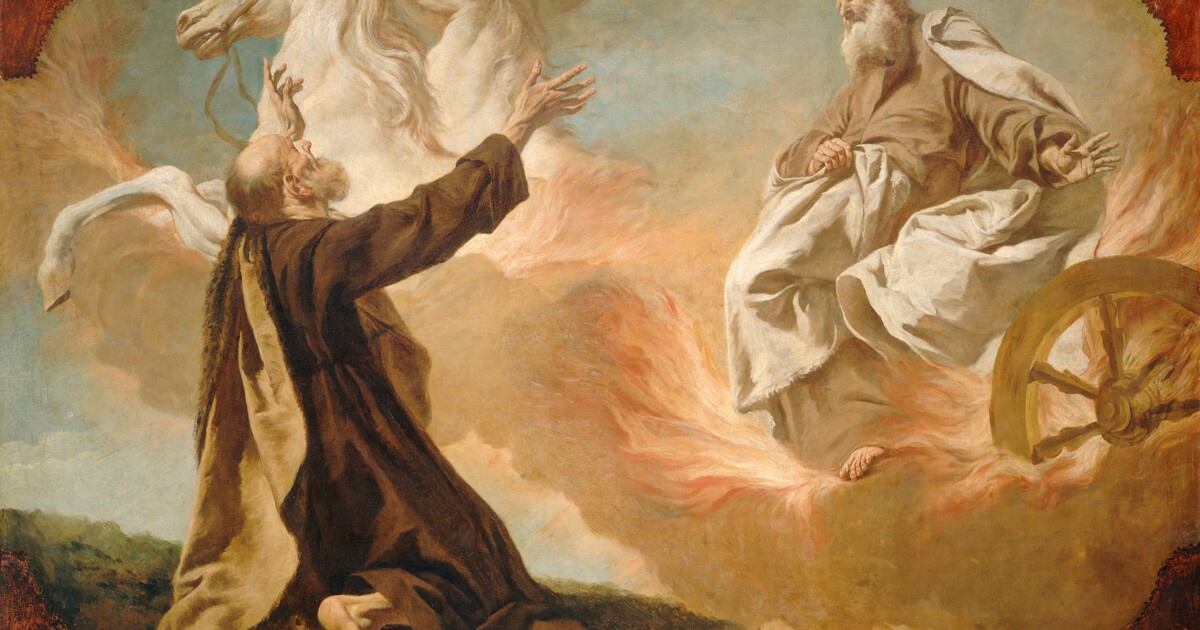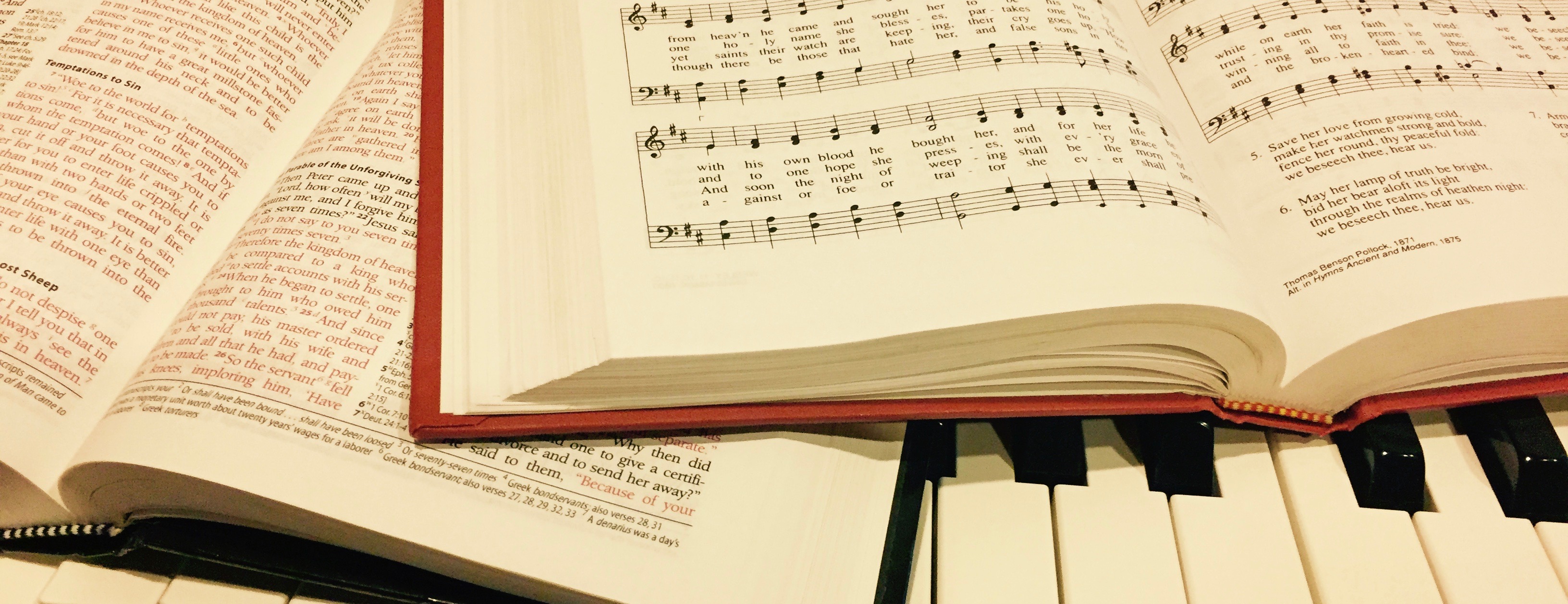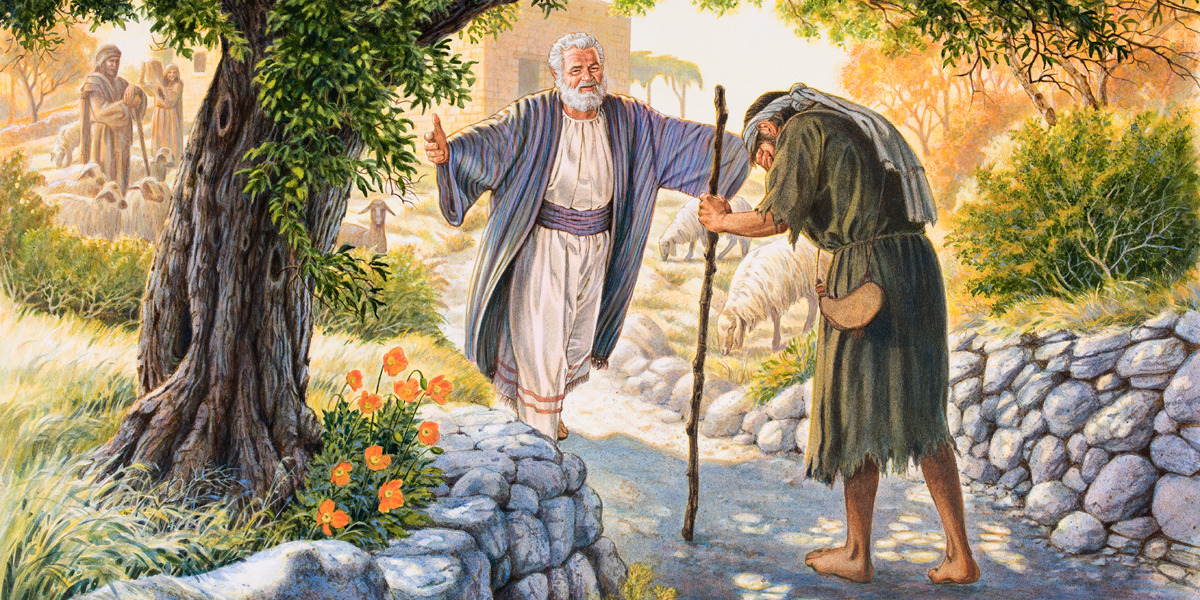O For a Thousand Tongues to Sing
Lyrics
my great Redeemer's praise,
the glories of my God and King,
the triumphs of his grace!
assist me to proclaim,
to spread thro' all the earth abroad
the honors of your name.
that bids our sorrows cease,
'tis music in the sinner's ears,
'tis life and health and peace.
he sets the prisoner free;
his blood can make the foulest clean;
his blood availed for me.
be now and ever given
by saints below and saints above,
the Church in earth and heaven.
Bible Reference
Psalm 150:6
About This Hymn
Author: Charles Wesley (1707–1788)
Composer: Carl G. Gläser (1784–1829)
Tune Name: Azmon
Meter: Common Meter (86.86)
Scripture Reference: Let every thing that hath breath praise the Lord. Praise ye the Lord. — Psalm 150:6 (KJV)
It is widely recognized that the two most influential figures in the development of English hymnody are Isaac Watts and Charles Wesley. While Watts introduced a new era of metrical psalmody, Charles Wesley followed with hymns that were more personal, heartfelt, and experiential—perfectly suited to the spiritual needs of the 18th-century church. It was as though God raised Charles Wesley to take up the poetic mantle from Watts, ensuring that the Church’s song continued with fresh vitality and fervent devotion.
Charles and his brother John Wesley, both students at Oxford University, were disturbed by the spiritual complacency they saw around them. In response, they formed a small group dedicated to disciplined Christian living, prayer, and study. Their methodical lifestyle earned them the nickname “Methodists,” originally meant as a term of ridicule. After their studies, both brothers were commissioned by the Church of England to travel as missionaries to the American colony of Georgia. Their mission was to minister to settlers and evangelize Native Americans.
During their voyage across the Atlantic in 1736, the Wesleys encountered a group of German Moravians—devout Christians known for their missionary zeal and vibrant hymn singing. In the midst of a violent storm at sea, the calm and steadfast faith of the Moravians stood in stark contrast to the panic of the English passengers. John Wesley recorded the moment in his journal, marveling at how the Moravians sang their psalms without fear while the ship was battered by waves. When he later asked one of them if he had been afraid, the man replied simply, “Thank God, no.” This moment left a profound impression on the Wesleys, particularly John, who would later translate many Moravian hymns into English and introduce them into Anglican worship.
Although their mission in America proved largely unsuccessful, the Wesleys returned to England where they once again encountered the Moravians—this time at a meeting in Aldersgate Street, London. It was there, in May 1738, that both John and Charles experienced personal conversions. Though deeply religious and active in ministry, neither had previously known the inner joy and assurance of salvation that now filled their hearts. From that moment on, their ministries were transformed. They began to preach with renewed power and conviction, emphasizing personal faith in Christ and the inward work of grace.
The Wesley brothers led extraordinarily active lives. They traveled over 250,000 miles—mostly on horseback—throughout Great Britain and conducted more than 40,000 public services. Charles Wesley, in particular, left behind a remarkable legacy of over 6,500 hymn texts. Nearly every personal experience, spiritual insight, or significant event in his life was turned into verse, offering the Church a treasury of enduring hymns.
“O For a Thousand Tongues to Sing” was written in 1749 to commemorate the eleventh anniversary of Charles’s Aldersgate conversion. The hymn was inspired by a comment from Peter Böhler, a Moravian leader who once said, “Had I a thousand tongues, I would praise Christ Jesus with all of them!” Charles took this exclamation to heart and crafted a hymn of thanksgiving and praise. Originally composed with 19 stanzas, the hymn was first published under the title “For the Anniversary Day of One’s Conversion.” Many of the original verses have since been omitted, including deeply personal lines such as:
I felt my Lord’s atoning blood
Close to my soul applied;
Me, me He loved—the Son of God—
For me, for me He died.
Charles Wesley died on March 29, 1788, after more than five decades of tireless service to the Lord. It is said that even on his deathbed, he dictated a final hymn of praise to his wife—an apt conclusion to a life wholly devoted to Christ and His Church.
In addition to “O For a Thousand Tongues,” Charles Wesley is also remembered for many other beloved hymns, including:
-
Christ the Lord Is Risen Today
-
Jesus, Lover of My Soul
-
A Charge to Keep I Have
-
Depth of Mercy
-
Hark! The Herald Angels Sing
Together with his brother John, Charles Wesley helped lay the foundation for the Methodist movement—not only through preaching and evangelism but also through sacred song, which continues to inspire and uplift worshippers around the world.
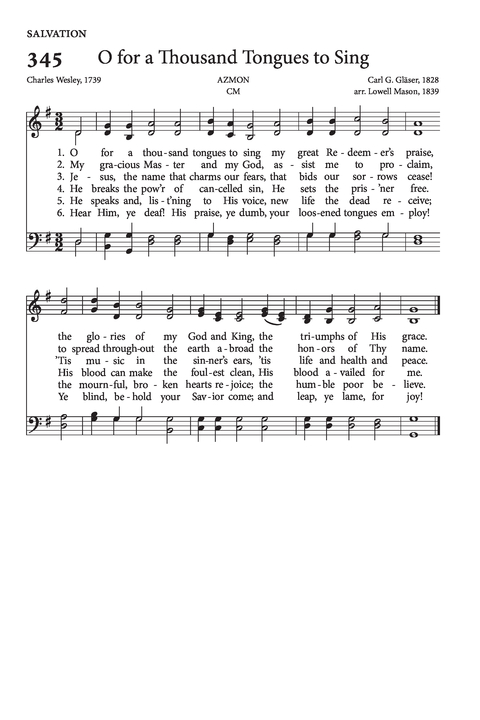

📬 Subscribe to Our Devotional Updates
Receive weekly hymns, devotionals, and website features directly in your inbox.
Hymn Information
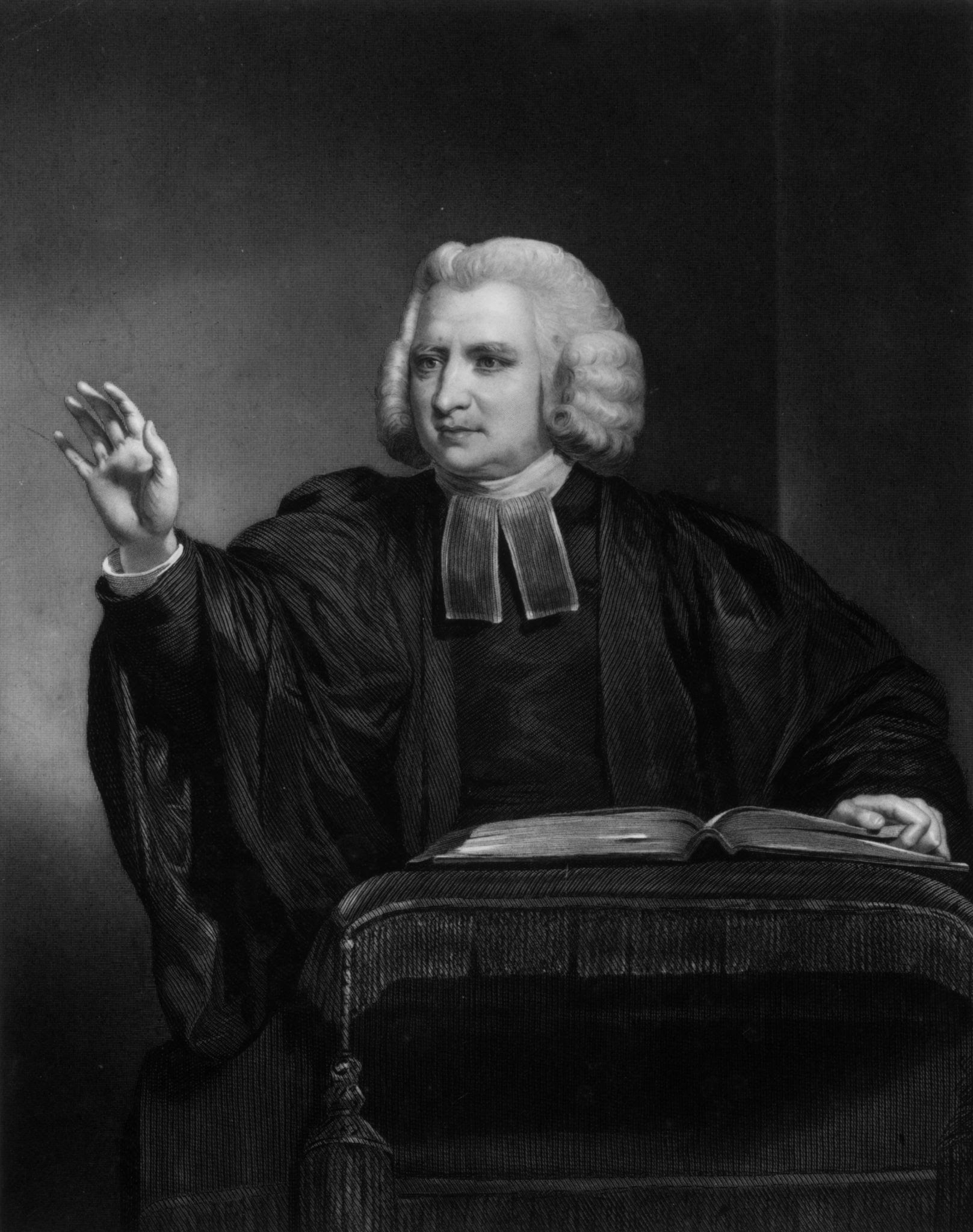
- Category: Hymn
- Author/Writer: Charles Wesley (1739)
- Added: July 3, 2025
- Last Updated: July 3, 2025
- Views: 1793
To view the author's biography, click their name above.
MIDI File
Popular Hymns
Recent Blog Posts
Popular Blog Posts
Visit Us on Social Media
Latest from X (Twitter)
Tweets by HymnalLibraryLatest from Facebook
Latest on YouTube
Daily Bible Verse
Disclaimer
The hymns, sheet music, MIDI files, and related content on this website are provided for educational and research purposes only.
- Public Domain: Many of the hymns featured here are in the public domain and may be freely used.
- Copyrighted Works: Some hymns may still be under copyright protection. Where applicable, permission has either been requested from the copyright owner, or the content is shared under the principles of fair use for educational purposes.
⚠️ Important Notice: If you wish to reproduce, distribute, or use any copyrighted hymn beyond personal study or educational use, you must obtain permission directly from the copyright holder. This website does not grant any rights for commercial use yet.
If there is any other question please address it to us in our Contact Page, for further assistance. Thank you for using the site. May God Bless You.
